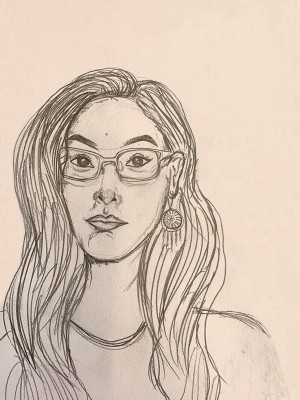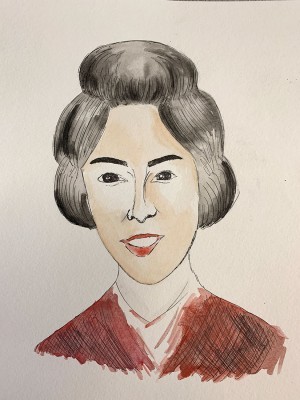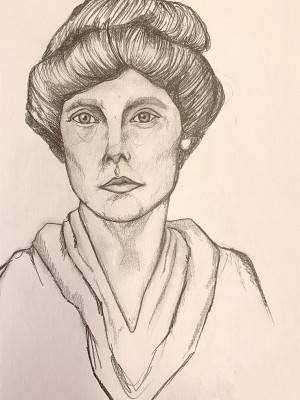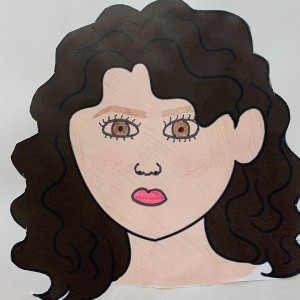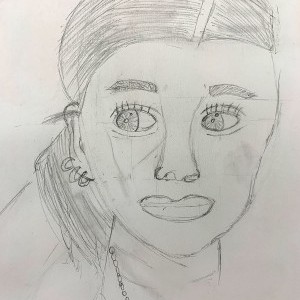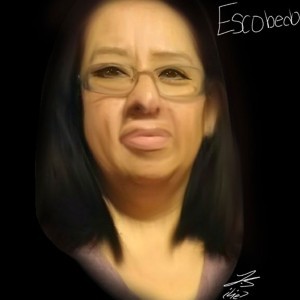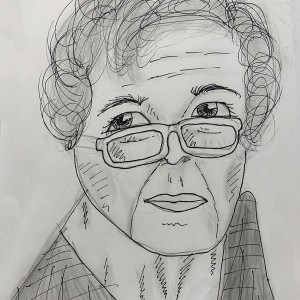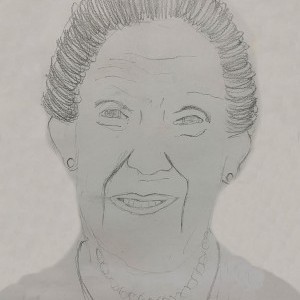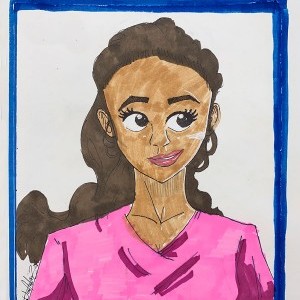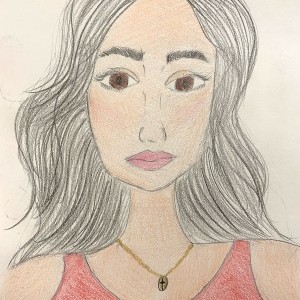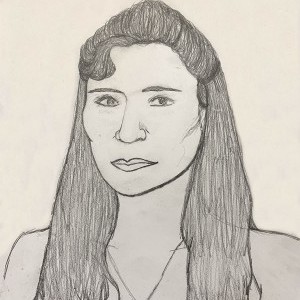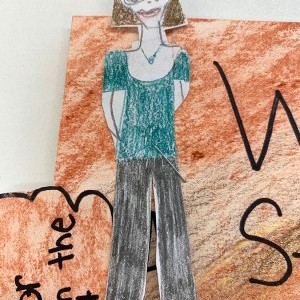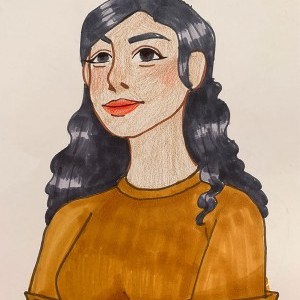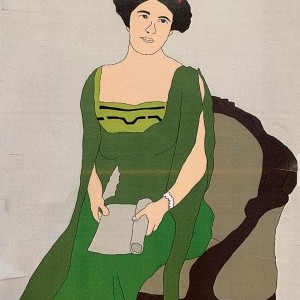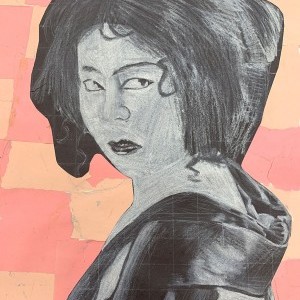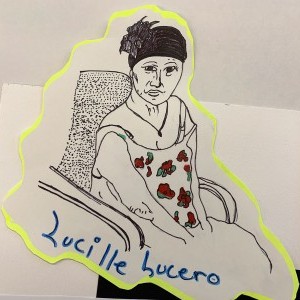Autumn Wauneka & Aliya Rendon
Kunsmiller Creative Arts Academy | Denver, CO | 11th Grade
Inspirational Family Member
Autumn's Sister Delshunia
The woman that I am interviewing is my oldest sister Del Wauneka. She is 26 years old and was born in 1993 in Albuquerque, New Mexico. She is a Native American woman. She grew up having a hard childhood. At the age of sixteen, she got pregnant. However, she was able to build herself a life in Colorado at the age of seventeen with her son, as a single mother. She started in Denver as a homeless teen mother but she never gave up on her goal to build herself a life. Delshunia is an independent, smart, outspoken woman.
The first question I wanted to ask her was what age did she first vote? She was able to vote at the age of eighteen in Colorado. When asking her if she was involved in politics she stated,” she really doesn’t care for it.” Building on that, she explained that she doesn’t care for it because she thinks that no matter what, the government is going to do what they want and they have control over politics. Furthermore, when I was asking her why voting is important to her as a woman? She said that “voting is important because you get to hear campaigns of what people are going to do and you somewhat have a say in what is going to happen.” Has anyone in your family has been denied the right to vote? She said, “Nobody in my family has been denied the right to vote. Asking her what her life would be like if we didn’t have the 19th amendment? She answered “life would be hard because I don’t want to be listening to a man. As a woman, I want my independence.” Furthermore, asking her if women couldn’t vote right now, would you fight for their right to vote? She stated, “Yeah I would fight for women to be able to vote because other women around the United States deserve to vote.”
Drawing of Delshunia by Autumn Wauneka
Historical Figure I Admire
Komako Kimura
Voting allows citizens to have some sort of impact on the political structure in our society. Komako Kimura was born in Tokyo on July 29, 1887; her father lost his money and had to move to Taiwan to find work. Komako financially helped her family by using her training of theater and dance. Then, she went to a school where girls were encouraged to learn subjects like science and math, learning to be more than mothers and develop their own personalities. She worked in the theater and was able to converse with powerful men as it was “only the women of the stage that had an opportunity to talk to men of affairs.” Also, she was not seen as inferior offstage after performances, so when she spoke to them they listened and were influenced by her opinions.
Society was very misogynistic and women did not have a voice in spheres of power like government. It was hard for women to voice their opinion in a world where men held authority and women did not often get the chance to be heard. Komako Kimura was raised having to work to help support her family; her childhood affected the way she was as an adult because she learned from an early age to be strong and independent in order to help her family. Her family surely held education in high importance as she was put into school to learn.
Komako Kimura helped advance issues because she talked with men with power and influenced their thoughts and opinions. She also created a feminist movement with two other women, Nishikawa Fumiko and Miyazaki Mitsuko. Together they created lectures and magazine titles such as The New True Women. Her main goal was to change the law and get equal rights for women on paper. Furthermore, she wanted to educate women to be strong-willed, thoughtful feminists who would be given an equal education. She took risks because she wanted women to be people who could think and make decisions for themselves. However, it was challenging for her to get heard, as it was hard getting magazines and the word out. Also, people ceased going to her plays and she was put on trial because she did not comply.
Komako Kimura helped the advancement of women’s empowerment for independence and strength. She advocated for women to think as they wished and to be able to rely on themselves and make their own decisions. She definitely knew her impact as she performed on stage and was able to talk to men of importance and she had an impact on their opinions and thoughts. She went through sacrifices such as having her theatres closed, which in turn led to her no longer being able to hold meetings in public areas. Her writing, speeches, and performances essential to the Japanese suffrage movement, took place in 1945, which is when the election law changed allowing Japanese women to vote.
Pen & Ink Drawing of Komako Kimura by Aliya Rendon
What the Project Means to Me
There is a time for everything and now it is our time to work together as a country to be the best that we can be. Voting has separated our country on multiple occasions, and we must understand and acknowledge that voting is not as simple as it seems at first glance; I think we all need to understand each other and be just a little patient because, in order to prosper as we wish, we must work together, as a society. But, I will say that I find it disheartening that ̈illegal immigrants¨ can’t or don’t have the right to vote. Even if they have lived here for years or decades, they still haven’t been given the right to vote. Through their hard work and dedication they have helped our economy and our society. As a large chunk of the US population is made up of hard working immigrants who show no sign of leaving anytime soon, it only makes sense that they should have as much of a say as we do and be allowed to vote.
Drawing of Lucy Burns by Autumn Wauneka
Explore the Archive
More From This Class
Click on the thumbnails below to view each student's work.Deadline Extended
There's still time to join Women Leading the Way.
Become a part of our storytelling archive. Enroll your class today.
Join the Project

